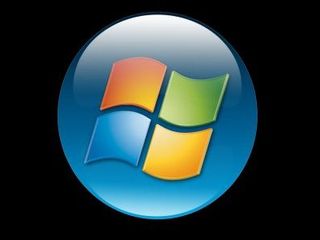Microsoft reconsiders usage of Live.com geolocation data
Privacy worries cause quick rethink

Microsoft has decided to rethink its plans to use the geo-location data of Live.com, following renewed privacy concerns amongst users.
Cnet reports that Stanford Security Laboratory postdoctoral researcher Elie Bursztein, who was investigating the company's ability to track where a laptop had been by analyzing Wi-Fi data stored by Microsoft's MAC location database, was one of the first to notice that access to the database had been restricted.
Privacy versus usability
This follows a similar move by Google, which limited the access to its geo-location database back in June, following similar privacy concerns from users.
Companies such as Google and Microsoft collate these geolocation databases in order to provide relevant location-based information to smartphones, tablets and Wi-Fi connected laptops.
The problem arises when these companies collect private MAC addresses (which is a pretty reliable identifier of that smartphone in your pocket or the laptop or iPad in your bag) and then publish this information in a public forum on the internet.
Both Google and Microsoft have both paid a not inconsiderable amount of money to have teams of drivers scour most of our major cities and conurbations, noting Wi-Fi access points and their MAC addresses and location data.
Get daily insight, inspiration and deals in your inbox
Get the hottest deals available in your inbox plus news, reviews, opinion, analysis and more from the TechRadar team.
Apple and Google both came under fire for storing private data on mobile devices earlier this year. And now it looks like Microsoft could well be guilty of the same "privacy crime" according to some concerned observers. But what is the actual crime here?
Hotspots and location databases
The latest privacy worry is that Microsoft may well be storing data from private smartphones that are also being used as personal mobile Wi-Fi hotspots (ie NOT public Wi-Fi access points).
Which is exactly why Microsoft has now chosen to re-evaluate its MAC-location database. Although, to date, there is little clarity on the extent to which this issue may well threaten a users' privacy, as even when you are using your smartphone as a mobile hotspot, the only data your MAC address can communicate to Microsoft would be a description of your device or of its chipset manufacturer.
Is this a case of throwing the usability baby out with the (*ahem*) privacy bathwater? Or should Microsoft and others collating such data be properly held to account?
TechRadar has contacted Microsoft and a number of online security experts for further comment on this story.
Via Ars Technica and Cnet

